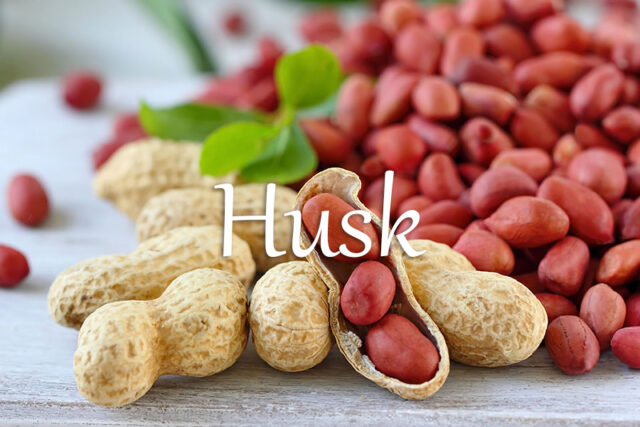本文经授权转载自微信公众号:田间小站

TOEFL TEM8 GRE
Husk 是本周《经济学人》(2024年12月14日刊)标题为“Syria has exchanged a vile dictator for an uncertain future”一文中出现的一个单词:
Many of the detainees freed from Saidnaya, the most notorious prison in Syria, were husks: skeletal frames, vacant stares.
从拼写上来看, husk 与常见单词 dusk (黄昏;昏暗)和 tusk (大象等动物的长牙)有着相同的结尾,只隔首字母不同,三者可以一并联想记忆。
从词源上来看, husk 一词词源不详,最早出现于14世纪末,起初拼作 huske 。该词主要用来表示“外皮、壳、荚”,即谷类、果实、种子等干燥或膜质的外壳,通常需要将其去掉才能吃里面的可食用部分,这与小站(微信公众号:田间小站)推送过 hull 可互换使用。比如:
值得注意的是,在美式英语中, husk 还可以用来表示玉米的“包叶”和“角豆树荚”。
从上述概念出发, husk 进而常用来喻指在重要或有用部分去掉或使用后,以任何形式存在的无用的、干瘪的或毫无价值的“外壳、空壳”。比如:
- 她那误入歧途的儿子已没有灵魂,只剩下人的躯壳。
Her errant son's spirit was gone; only the husk of a man remained.
用作动词时, husk 相应表示“除去……的外皮、壳或荚”。比如:
- 碾米
husk rice
那么回到上面《经济学人》的句子,其句意也就是说:“从叙利亚最臭名昭著的赛德纳亚监狱获释的许多被拘留者都是空壳:骨瘦如柴,目光呆滞。”
好了,关于 husk 今天就讲到这里。最后送各位一句出自挪威著名戏剧家亨利克·易卜生(Henrik Ibsen)的名言共勉:
Money may be the husk of many things but not the kernel. It brings you food, but not appetite; medicine, but not health; acquaintance, but not friends; servants, but not loyalty; days of joy, but not peace or happiness.
